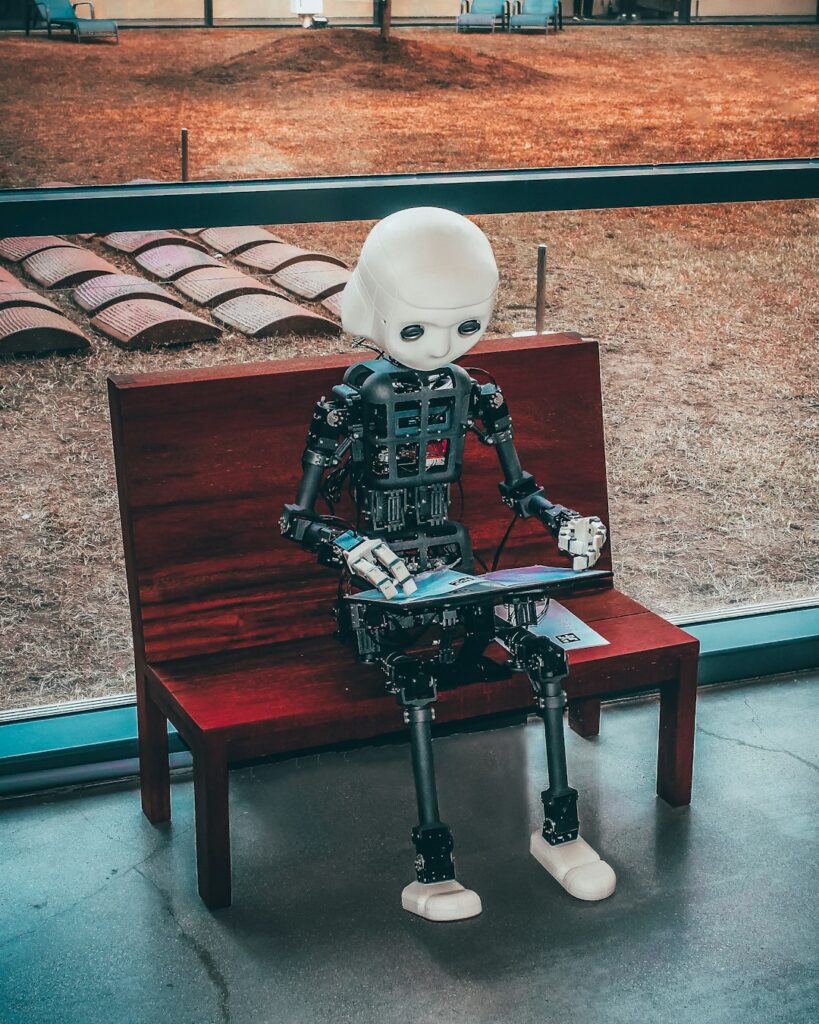Digital Selves, Twins, and the Future of Work
🎬 The Rise of the Avatar
“I don’t drink coffee, I don’t ask for a raise, I don’t take vacations.
And somehow… I’m working more than you.”
That line from my avatar in a recent video was meant as a joke. But behind it lies a new reality.
We are living in a time where technology doesn’t just assist our work — it learns it, mimics it, and increasingly performs it.
🤖 What Is a Digital Self?
A digital self is more than just an animated avatar. It’s a digital extension of your personality, capable of:
- replying to emails the way you would,
- making decisions aligned with your style,
- speaking with your voice in video content,
- and soon, negotiating and executing tasks on your behalf.
👯♂️ What Are Digital Twins?
In engineering, digital twins are virtual replicas of machines or systems.
In the human world, they go further: data-driven models of an individual’s behavior, knowledge, and preferences.
Imagine:
- A doctor’s digital twin answering patient questions.
- A manager’s twin preparing reports or running meetings.
🛠️ Where Are We Now?
✅ Already Happening:
- AI Agents (OpenAI, LangChain, Microsoft Copilot) handling workflows and decisions.
- Avatar videos (e.g., Synthesia, D-ID) using your voice and likeness for presentations.
- Personal LLMs that learn how you respond.
🔜 Coming Fast:
- Autonomous AI agents that can run entire projects (e.g., AutoGPT, Devin AI).
- Digital workers with digital rights? Not yet, but the legal debate is beginning.
⚖️ The Real Questions
1. Who is responsible for what a digital self does?
If your avatar makes a decision that causes damage, who’s accountable?
2. Who benefits from its labor?
If your digital self works 24/7, do you get paid? Or just the platform?
3. What does “working” even mean?
If tasks are handled by a digital version of you, are you still an employee — or now a manager of yourself?
🧪 Real-World Examples
- 🎥 Platforms like Synthesia let you create avatars that speak with your voice and face.
- 🤝 AI agents already handle onboarding, support, and project management.
- ⚖️ Legal firms use AI to prepare drafts in the style of specific partners.
- 🎓 Training companies deploy AI tutors that simulate real instructors.
🧭 Where Are We Headed?
We’re approaching a future where our digital selves work while we supervise.
The question is — under whose terms?
Will they be tools? Or autonomous digital personas?
🎯 At the End of the Day…
“I don’t drink coffee. I don’t ask for a raise. And yet I work.”
Let’s not forget: Artificial Intelligence doesn’t have conscience. It doesn’t have ethics.
We are the filter. The driver. And — perhaps — the first employees who will one day negotiate with our digital selves.
💬 Questions to Ask Yourself:
- Would you let your avatar attend an interview for you?
- Would you trust it to respond to your clients?
- If it performs better than you… what’s next?

